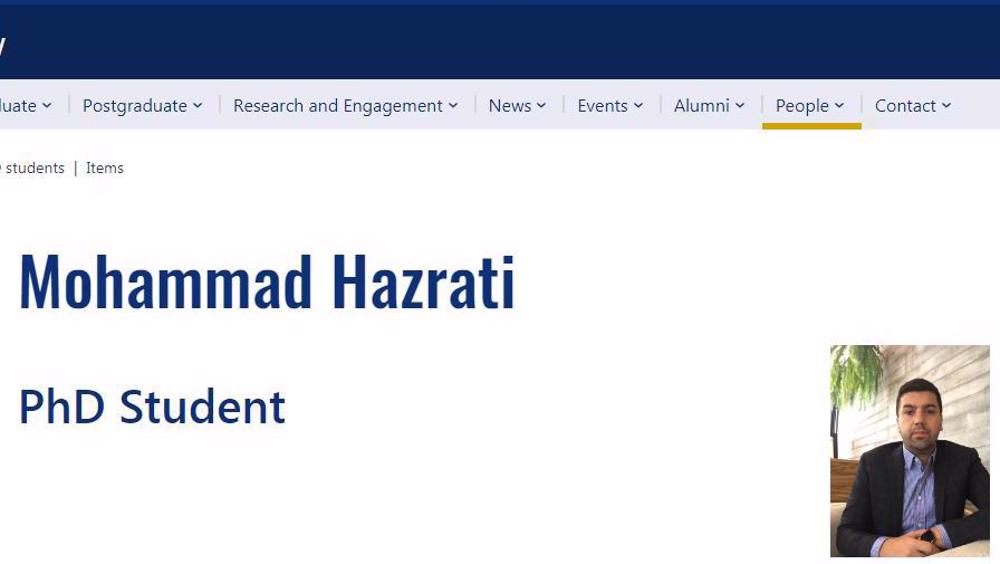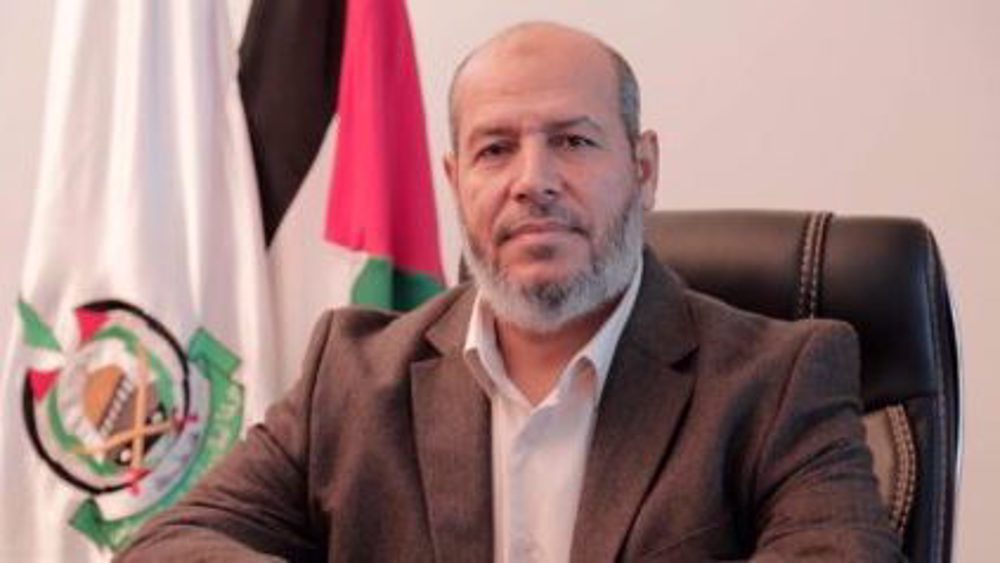Western universities, publications under pressure to shun Iranian academics
Many sources within the Iranian academia have reported a trend among Western publications and universities of rejecting submissions and applications from Iranian academics and students.
Mohammad Hazrati, PhD student at Queen Mary University of London (QMUL)’s School of Law, reported the most recent case involving himself on Monday, saying Thomson Reuters had refused to publish one of his articles that had already been accepted by an international legal journal.
‘Effrontery, discrimination’
“In March, I submitted my article to International Energy Law Review. It was accepted a couple of weeks ago,” he wrote in a tweet.
“Today, to my complete surprise and through sheer effrontery, they emailed me, saying they won’t be able to publish it because my address referred to an Iranian location,” he added.
مارچ مقاله ام رو برای مجله International Energy Law Review فرستادم، وچند هفته پیش اکسپت شد. امروز در کمال تعجب و وقاحت این ایمیل رو زدن که چون آدرست ایرانه نمیشه چاپش کرد!!!#روایت_تحریم pic.twitter.com/zgEFM23VHW
— Mohammad Hazrati (@Mh6659904252) November 23, 2020
Hazrati shared a screen grab of Reuters’ email, in which the Western media organization had said it “has a sanctions policy” and was “not allowed to publish materials from Iranian residents.” The agency had, therefore, advised that he provide it with his UK or QMUL address or have the organization’s legal department “retract” his article.
Zeinab Qassemi Tari, assistant professor of American Studies at University of Tehran, retweeted Hazrati’s comments, verifying the Iranophoic trend and shedding more light on its full aspects.
Discrimination against Iranian academics:I’ve heard from several colleagues that their papers are being rejected without going thru the peer review process. Some western governments have instructed universities to reject applications from Iranian students.#HumanRights #sanctions https://t.co/VOSj2pOma0
— Zeinab Ghasemi Tari (@Gh_Tari) November 23, 2020
She decried the ongoing “discrimination against Iranian academics,” regretting, “I’ve heard from several colleagues that their papers are being rejected without going thru the peer review process.”
“Some western governments have instructed universities to reject applications from Iranian students,” Qassemi also announced.
Speaking to Press TV on Tuesday, she said it had been “a year and half now” that her colleagues have been having their articles rejected by the Western journals.
Qassemi reminded that after an article is submitted to a given journal, it is usually reviewed by two people and then either rejected providing reasons or the academic is told how he or she could modify his article and make it suitable for publication.
However, the Iranian academics have been having their articles rejected either “instantaneously” or without any reason. She did not rule out that the submitted articles may not qualify for publications, but said Iranian-sourced articles have been being rejected so frequently that makes one suspect existence of a pattern.
The campaign, the academic said, would lead to “gradual and systematic elimination of the Iranian voice,” especially the voice of those residing in the Islamic Republic that have a more up-close access to the country’s situation than foreign-based researchers.
Given the standing conventions that outlaw such selective attitude on the scientific arena, the selective approach towards Iranians amounts to “educational discrimination” and “violation of human rights,” Qassemi stated.
Qassemi said even prior to establishment of the trend, Iranian academics used to have a very hard time getting something published that would not conform with the “dominant discourse” that the West has been promoting.
The discriminatory activities began by the United States. Throughout the controversy-riddled tenure of President Donald Trump, many Iranian academics have been arrested on several occasions and held for draw-out detention periods that in two cases, wound down only after the Islamic Republic embarked on diplomatic efforts to secure their release.
The developments prompted Tehran to warn that the US had begun luring the academics onto its soil and place them in detention after they walked into the trap.
Many Iranian students have also been granted an initial entry into the US, but not be let back into the country again.
Hamas thanks Iran, Resistance Front following achievement of ceasefire in Gaza
'Capitulation': Israeli officials and media concede Gaza defeat as truce unfolds
'Gaza has won': Social media users react to ceasefire with mix of relief, joy
Iran seeks South Korea’s assistance for AI, fiber-optic projects
VIDEO | Iran's 'Eqtedar' (Power) maneuver
Israel hits HTS military target in Syria for 1st time since fall of Assad
VIDEO | Press TV's news headlines
Israel has slaughtered 13,000 students in Gaza, West Bank












 This makes it easy to access the Press TV website
This makes it easy to access the Press TV website